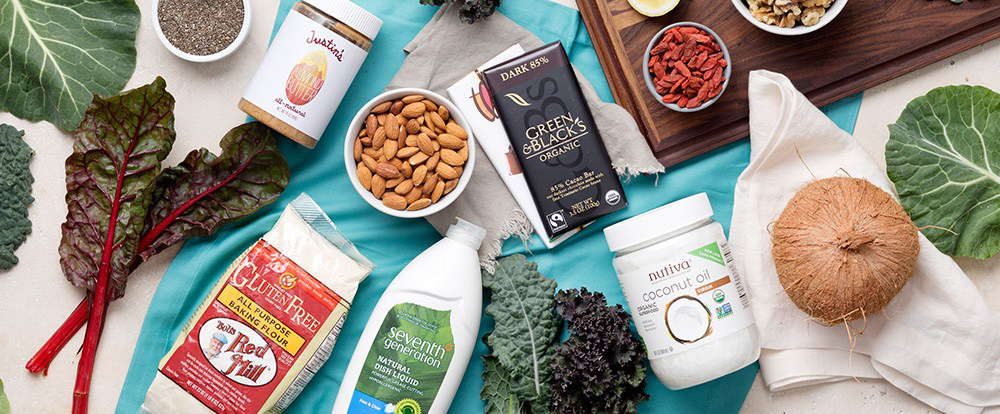You’ve probably been hearing all sorts of great things about the benefits of coconut to promoting health. You may be a little confused though, should you want to get in on the craze and start using some coconut products. You will quickly discover that there are several different applications that use coconut, all of which have different benefits. Let’s break them down to see the differences.
Coconut Oil vs. Coconut Milk
Coconut Oil
Coconut oil is the fat pressed from coconut meat. There are a lot of benefits to adding coconut oil into your diet. You may see improved hair and nails, benefits to your cholesterol levels, weight loss, stress relief, and protection from a variety of diseases. This is due to the compounds abundant in coconut oil, which include lauric, capric, and caprylic acids. Lauric acid in particular is the medium-chain fatty acid responsible for so many of its benefits: It has documented antibacterial, anti-fungal, antiviral and anti-inflammatory properties. It’s a medium-chain fatty acid that is vastly superior to the long-chain fatty acids found in foods derived from animals. You can use it to replace other oils for cooking, or add it to cold preparations. (Learn more: The Benefits of Coconut Oil’s Healthy Saturated Fat)
Coconut Milk
This is a popular beverage for those who are lactose intolerant, for obvious reasons. Coconut milk is made by squeezing grated coconut meat, blended with water, through a cheesecloth. It can be made thick or thin, depending on whether you want it for cooking or as a beverage. Many of the coconut’s beneficial fats are found in the milk, and consuming it has great benefits for your health. Whereas coconut oil is pure fat and thus has a higher concentration of beneficial fats, the milk is about 17% fat. Still, the milk also has a high concentration of MCFA (medium-chain fatty acids). Some people say to avoid coconut milk sold in a can because of toxic BPA content and unlisted gluten separators. If you follow this advice, it is easy enough to make at home from shredded coconut meat or by mixing water with coconut cream/butter (Let’s Do Organic Shredded, Unsweetened Coconut and Artisana Organic Raw Coconut Butter).
Coconut Water
This is the clearer fluid typically found in the cavity of a coconut when you crack it open. It has no fat in it, so it doesn’t transmit the benefits of either the oil or milk, but it does contain natural sugars, as well as beneficial minerals. In particular, the water is an excellent source of the electrolyte potassium, and so confers all the health benefits associated with proper potassium intake and is popular among athletes.
Coconut Cream Concentrate / Coconut Butter
Despite the different names, these are actually the same thing: pureed coconut meat. With coconut cream/butter, you get all the healthy fats but with the fiber too. I’ve also seen it called Coconut Manna. It’s not to be confused with “Cream of Coconut”, which is usually canned with added sugars and used in mixed drinks (like Pina Coladas). Coconut cream/butter is good added to smoothies. (A good coconut butter is Artisana Organic Raw Coconut Butter
).
Conclusion
So now that you know differences and similarities in coconut oil vs. coconut milk and the other parts, you can find what works for you! As you can see, there are many ways to enjoy coconut and most of them confer healthy benefits.








